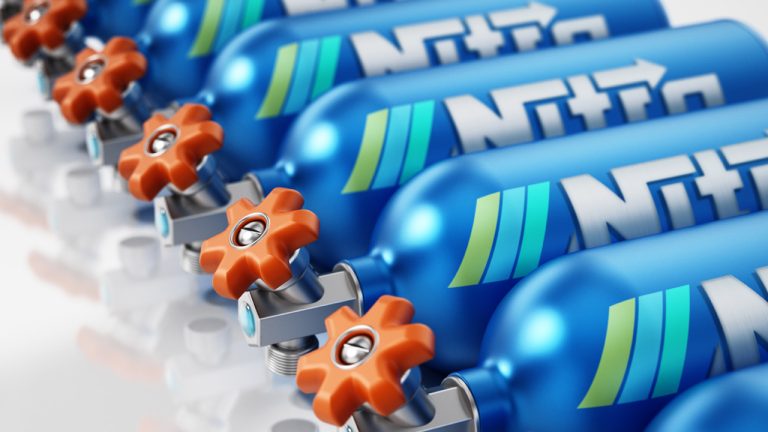
Cross-chain DeFi platform Symbiosis has integrated zkSync to improve transaction speed and reduce fees on its automated market-making protocol.
Cross-chain automated marker maker Symbiosis has onboarded layer-2 scaling protocol zkSync to improve speed and reduce fees of token swaps on its platform.
The decentralized exchange (DEX) was launched in March 2022. It provides single-sided stablecoin pools that deliver zero impermanent loss to liquid providers. It also facilitates ‘any-to-any’ native asset swaps on its platform across Ethereum Virtual Machine (EVM) and non-EVM networks.
Nick Avramov, co-founder of Symbiosis, told Cointelegraph that the integration of zkSync will provide one-click swaps from Ethereum, Polygon, Avalanche, BNB, Telos and other blockchains into zkSync and back.
The additional functionality also removes the need for users to switch between different wallets and interfaces. Avramov also confirmed that the integration improves the variety of token swaps through its DEX, supporting any-to-any native swaps to and from zkSync.
Related: ConsenSys zkEVM set for public testnet to deliver secure settlements on Ethereum
The integration of zkSync is also aimed at making liquidity transition to and from zkSync ‘secure, fast and cheap,’ while Avramov also highlighted the importance of layer-2 scaling protocols to various DeFi platforms and services.
“Scaling layers like Optimistic and ZK rollups are extremely important for the next big wave in Web3, mostly because they're lowering entry barriers both in terms of the price per swap and user experience of value-added services built on top.”
The Symbiosis co-founder also highlighted his personal view that ZK rollups could outcompete optimistic rollup solutions like Arbitrum and Optimism. Avramov also believes it is crucial for cross-chain players and interoperability layers to support ZK solutions as soon as possible.
"ZK represents an inevitable and natural evolution among scaling solutions.”
Symbiosis has processed over $100 million in total transaction volume in stablecoins, serves over 12,000 unique wallet addresses and an average of 3,000 daily transactions.
Ethereum-scaling ZK rollups continue to grab headlines in 2023. As previously reported by Cointelegraph, Ethereum layer-2 scaling platform Polygon released its zkEVM to mainnet beta, allowing developers to deploy smart contracts with increased finality and lower costs.
The scaling technology is not only limited to Ethereum or other smart contract blockchains. Swiss-based nonprofit ZeroSync Association is currently developing zero-knowledge proof tools that will allow Bitcoin (BTC) users to expedite the process of verifying individual blocks and, eventually, the entire blockchain.
Magazine: Crypto audits and bug bounties are broken: Here’s how to fix them





